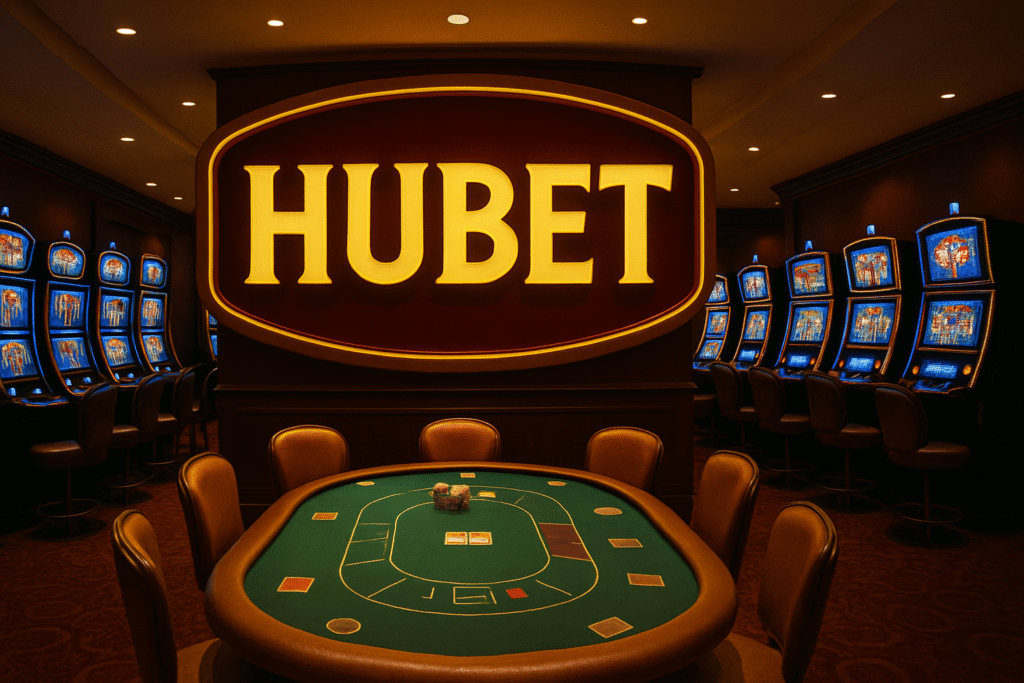
Casino games are designed to entertain, but they also tap into deep psychological triggers that keep us engaged, excited, and, in many cases, coming back for more. Platforms like Hubet use advanced game design and user experience techniques that enhance enjoyment while maintaining fairness and transparency. Understanding the psychology behind casino games can help players make smarter choices and enjoy gambling more responsibly.
At the heart of it all is the thrill of uncertainty. Khuyến mãi hubet Human brains are wired to respond to unpredictability, and casino games provide it in abundance. Whether you’re spinning the reels of a slot machine or waiting for the dealer to flip the final card in blackjack, the unknown outcome creates excitement, suspense, and adrenaline.
The concept of “near misses” is another powerful psychological tool used in casino games—especially in slots. A near miss occurs when you come close to winning (like getting two out of three jackpot symbols), which activates the brain’s reward system nearly as much as an actual win. It tricks the brain into thinking you’re on the verge of success, encouraging you to keep playing.
Variable rewards—randomized payouts that occur at irregular intervals—also play a major role. This type of reward schedule is known to be the most effective at reinforcing behavior. It’s the same mechanism that keeps people scrolling through social media or playing video games. In the case of casinos, it means players are more likely to continue gambling in pursuit of the next win, even if losses occur in between.
Sound and visual design further enhance the appeal. Slot machines, for instance, use flashing lights, celebratory music, and coin-drop sound effects to create a sensory-rich environment. Even small wins are celebrated with dazzling effects, making the experience feel rewarding even when the monetary gain is minimal.
Then there’s loss aversion and the sunk cost fallacy. Once a player has invested time and money into a game, they may feel compelled to keep playing to “get it back.” Casinos don’t need to trick players into this mindset—it’s a natural human tendency. Recognizing this behavior is essential to staying in control and making rational decisions about when to stop.
Gambling also triggers dopamine, a chemical associated with pleasure and motivation. Whether you win or come close to winning, dopamine is released, reinforcing the behavior. Over time, some people may become more motivated by the possibility of a reward than the actual reward itself, leading to excessive play.
On the positive side, social interaction and entertainment value play an important role. Many players enjoy live dealer games, poker rooms, and multiplayer slots not just for the potential to win, but for the sense of community. Casinos also provide narrative-driven games, bonus rounds, and missions that keep the experience engaging beyond simple wagering.
It’s also worth noting how personalization and gamification affect player behavior. Online platforms often tailor offers, loyalty rewards, and achievements to individual preferences. This creates a customized experience that feels more engaging, even if the underlying odds remain the same.
The good news is that many modern platforms promote responsible gaming and offer tools such as deposit limits, time trackers, and self-exclusion options. These features help players stay aware of their habits and enjoy the experience without it becoming harmful.
In conclusion, the psychology behind casino games is complex and deeply rooted in how our brains process reward, risk, and entertainment. While these mechanisms make gambling enjoyable, they can also lead to overindulgence if left unchecked. By understanding what’s happening behind the scenes, players can stay in control and make casino gaming a fun, responsible pastime.